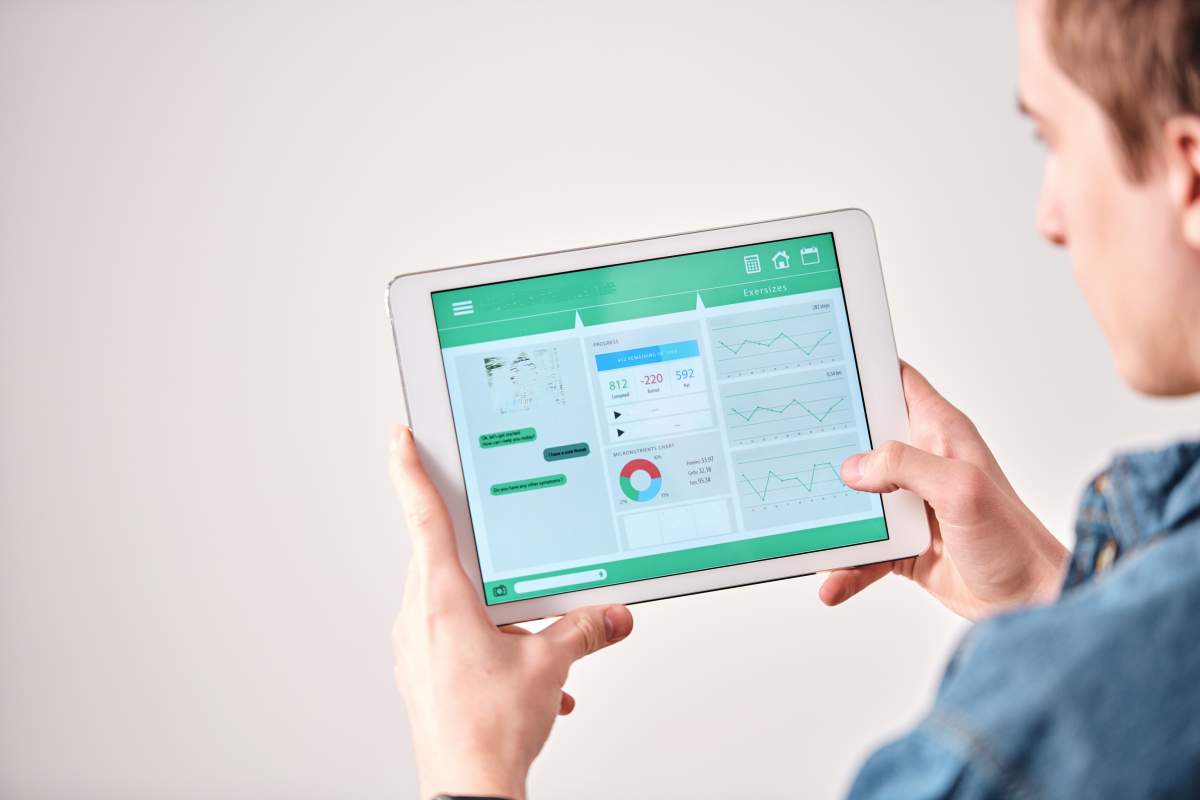The evolution of public competition procedures has reached a significant turning point with the shift from the traditional paper-based mode to digital platforms. This change represents not only the future, but already the present of selections.
A new win-win approach for PA and candidates
In recent years, the adoption of digital platforms has brought many advantages. Among them, security, transparency and environmental sustainability play a key role.
This new approach not only simplifies the selection procedures, but also reduces stress for both organizers and candidates.
The introduction of tablets in competitions has eliminated the mistakes that characterized paper-based tests, reducing disputes and complaints. These modern and efficient tools have simplified the entire competition process, both in the public administration and in the private sector, responding decisively to European environmental requirements and drastically reducing the use of paper material in selections.
Dematerializing the selection process using tablets and IT tools made it easier for candidates to submit the necessary application documents, while ensuring anonymity and impartiality during the tests. It also simplified access to the services of the procedures and sped up the outcome, respecting the environment without wasting paper.
For the organizers, the adoption of digital platforms offers a streamlined and professional procedure suitable for all types of competitions.
Organizers can count on experienced companies ready to support them at every stage of the process, allowing selection procedures to be carried out in different locations and reducing the total time required for the tests.
Seizing an opportunity
For companies that do not adapt to the new digital platforms, it means losing the opportunity to manage their human resources quickly, safely and professionally, while respecting the environment, sustainability and technological innovation.
This digitization is not just a technological change, but a way to improve the efficiency, transparency and sustainability of competition procedures, contributing to a more modern and environmentally friendly future.
